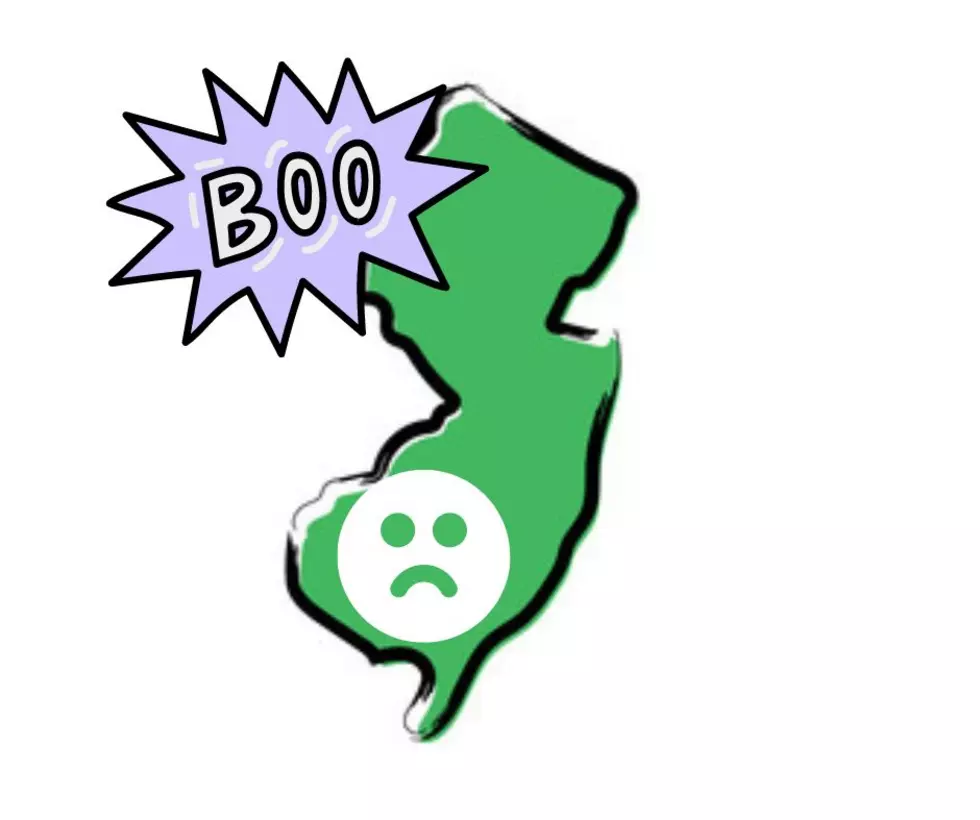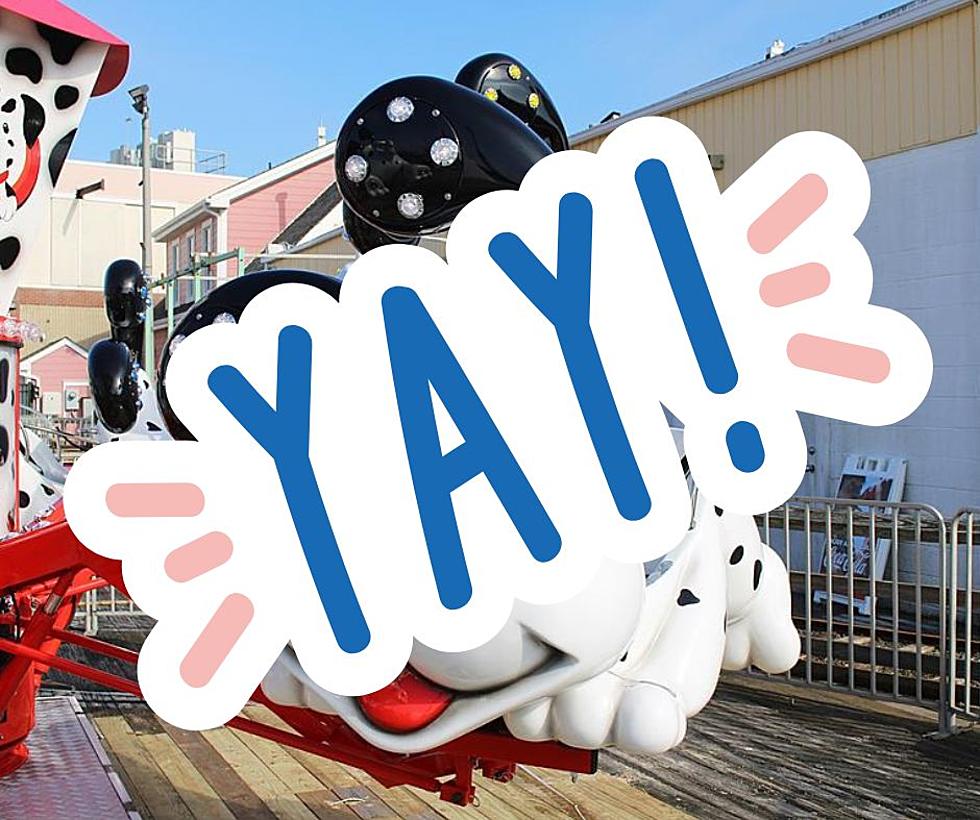What does it take to be an EMT at the Jersey Shore?
For calls both small and large, EMT's are always on call and ready to respond and make sure everyone affected by an accident or medical emergency is treated right away. On day three of our series on first responders, we learn what it takes to be an EMT.
To start every EMT must be CPR certified and then it's off to Emergency Medical Technician school.
"We can either go to the Ocean County Fire Academy in Waretown which is a 3-4 month program or a new program that was just developed at Jersey Shore University Medical Center in Neptune which is more of a 6-month advanced program trying to incorporate more things into it to keep you better educated on the street and make you a better responder," Point Boro EMS Squad Captain Andy Welsh said.
In order to become an EMT at the OCFA in Waretown, students at the academy need to complete 200 hours of classroom study and rigorous hands-on training in order to meet their EMT basic requirements and receive their certification.
Students also have to complete classroom work, hands-on training at the center and an 10 additional hours in a local emergency room assisting hospital personnel.
Upon completion of the required curriculum, each student must score 70 percent or higher on a 100 question written final examination.
Students must also pass a practical skills examination demonstrating that they are mentally and physically prepared for the challenges that lie ahead.
There is also a driver training program an EMT must go through in order to be able to drive an ambulance which includes up to a month of training and tests like knowing where all the equipment is and where the roads in town are.
Welsh says once on the squad each member goes through training drills 2-3 times per month to prepare for different incidents so when something arises, they know what to do.
"When the call comes out the senior EMT is going to come up with a plan," Welsh said. "If it's a respiratory we're going to do this, if it's a choking we're going to do that and if it's something more serious like a car accident or something where CPR is needed or something more urgent, we're going to come up with a game-plan before we get there because we want to be prepared before we walk in."
Welsh says it's important EMT's know what to do when they arrive at a call so that they can provide the best care they can to any victims on the scene.
At the scene there are two ambulances in certain cases and it starts with the dispatcher when a 9-1-1 call is made.
"The dispatcher is going to figure out what type of call it is based on some criteria and figure out how severe or not severe that call is and request the appropriate entity," Welsh said. "If it's a severe call, you're going to get your local responders within your town and then they'll call over to MONOC to get the paramedics over."
When both agencies are on the scene it's the paramedics who take over the handling of the situation.
"When the paramedics arrive on scene they become the higher medical authority so we're going to see whatever they want to do," Welsh said. "They're going to take control of the scene and we're going to assist them."
The paramedics are sent from the hospital and the EMT's are dispatched by your town.
EMT's on a call are able to give CPR, administer glucose or oxygen and help with allergic reactions.
"EMT's are basic, so we do CPR and splinting and there are some medications we can give to assist with diabetics, allergic reactions and some respiratory issues but overall we're going to be there for more basic things," Welsh said.
Paramedics are the higher medical authority and take over advanced life support calls including victims of a heart attack or a stroke.
Both agencies will still show up in an emergency and work together.
While there is a lot of good that comes with being an EMT and volunteering your time to help and serve others in the community, there are some calls that go home with you.
Welsh says one of the most challenging parts of being a volunteer EMT is the transition back and forth from their personal life and jobs, especially when they go on calls where something tragic happens.
"It does take a toll, a lot of Ocean County responders are volunteers whether it be Firefighters or EMS," Welsh said. "Our responders in Point Pleasant Borough or in the rest of the county, they have to keep their composure but they still have lives and things they have to get back to. We have nurses, funeral directors, teachers...all people who are from different walks of life and then have to come here and put on a different face and go back to their families or their job and pretend nothing ever really happened."
Welsh says they always encourage members to seek help and talk with someone following a traumatic call they may have been on or some of the other things they may be struggling with on the job.
There's also a lot of good that comes along with being an EMT.
"We have members who have delivered babies, member who have helped choking victims and gone into flooding situations and helped get people out of the water," Welsh said. "At the end of the day all that makes it worth it."
Captain Welsh explains more about what it takes to be an EMT in the video below:
More From 92.7 WOBM









